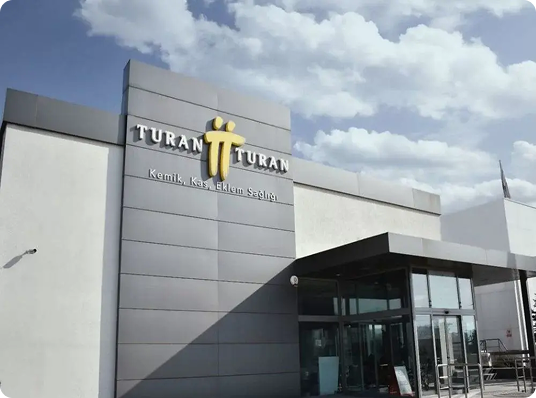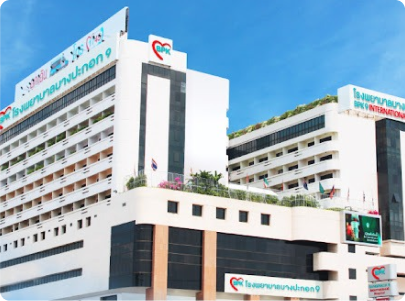Corn Removal
Through the application of Corn Removal, healthcare providers are able to address complex medical conditions with precision, utilizing the latest advancements in technology and evidence-based practices.
Get Expert Consultation
Speak with our medical travel experts to get personalized guidance for your procedure
✓ No commitment required • ✓ Expert guidance • ✓ Free consultation

Book Your Free Medical Consultation
Get expert advice—free and easy. Just fill out the form to start your health journey!
Key-Insights for
Corn Removal
Procedure Time
typically takes around 30 minutes
Recovery Period
Most people can return to normal activities within a few days
Expected Results
Pain relief, reduced risk of complications, and an improved appearance
Ideal Candidates
Those with painful or unsightly corns on the toes, feet, or legs
Corn Removal
Through the application of Corn Removal, healthcare providers are able to address complex medical conditions with precision, utilizing the latest advancements in technology and evidence-based practices.

People seek these procedures for various reasons:
Aesthetic Enhancement
Pain relief from uncomfortable or painful corns
Corrective Purposes
Improved appearance with smoother skin
Functional Restoration
Reduced risk of complications like infection or further irritation
Things to Check Before Treatment
- •Inform your doctor about any medical conditions you have, including skin allergies or sensitivities.
- •Disclose all medications and supplements you are currently taking.
- •Make sure to disclose if you've had any previous treatments for corns or other foot problems.
- •Find out what kind of anesthesia will be used during the procedure and whether you'll need someone to drive you home afterwards.
- •Ask your doctor about their experience with corn removal procedures.
Potential Risks
- •Infection
- •Scarring or keloid formation (in rare cases)
- •Reaction to local anesthetic or sedation
- •Temporary numbness or tingling in the affected area
- •Failure to remove the entire corn, requiring additional treatment
How to Choose the Right Country, Clinic, and Surgeon
Do's
Verify surgeon credentials (e.g. ISAPS, JPRAS)
Ask for before-after photos
Check language barriers
Review aftercare and follow-up options
Consider local laws on medical malpractice
Don'ts
Don't Choose a Clinic Based Only on Price
Don't Rely Solely on Social Media or Influencers
Don't Ignore Language Barriers
Don't Rush Into Surgery Without Research
Don't Assume You Can Fly Back Immediately
CureMeAbroad Services Are Absolutely Free.
You pay same rates for treatments as in the hospital's original price list.
CureMeAbroad Services Are Absolutely Free.
You pay same rates for treatments as in the hospital's original price list.


Book Your Free Medical Consultation
Get expert advice—free and easy. Just fill out the form to start your health journey!
Corn Removal
Frequently Asked Questions
This procedure involves specific medical techniques tailored to address particular health conditions. Your doctor will explain the detailed process based on your case.

Help Me Plan My Treatment Abroad
End to End Treatment Planning Specifically curated as per your need. Just a Call away


Help Me Plan My Treatment Abroad
End to End Treatment Planning Specifically curated as per your need. Just a Call away


Book Your Free Medical Consultation
Get expert advice—free and easy. Just fill out the form to start your health journey!



